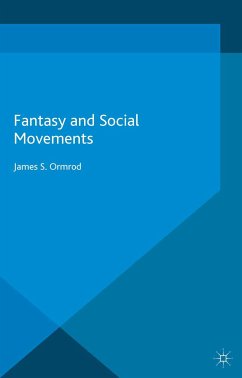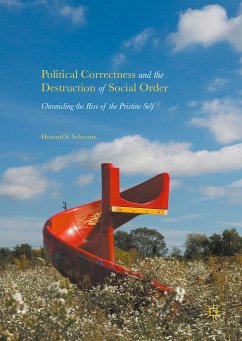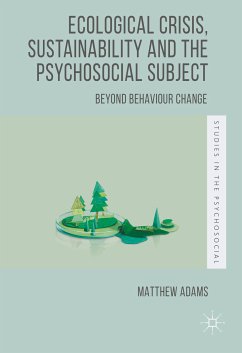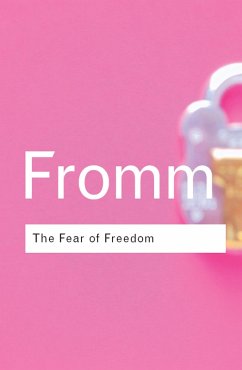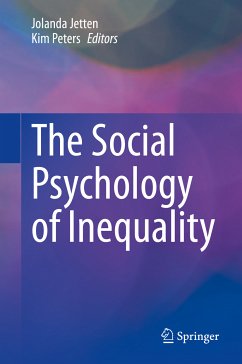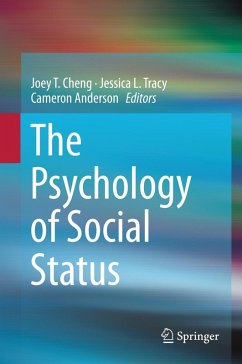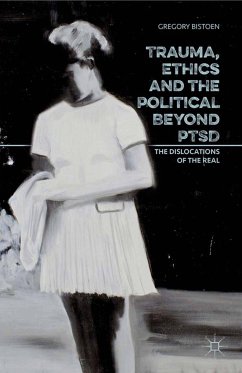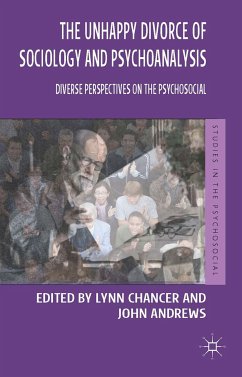
The Unhappy Divorce of Sociology and Psychoanalysis (eBook, PDF)
Diverse Perspectives on the Psychosocial
Versandkostenfrei!
Sofort per Download lieferbar
19,95 €
inkl. MwSt.
Weitere Ausgaben:

PAYBACK Punkte
10 °P sammeln!
A collection of 18 contributions by well-known scholars in and outside the US, The Unhappy Divorce of Sociology and Psychoanalysis shows how sociology has much to gain from incorporating rather than overlooking or marginalizing psychoanalysis and psychosocial approaches to a wide range of social topics.
Dieser Download kann aus rechtlichen Gründen nur mit Rechnungsadresse in A, B, BG, CY, CZ, D, DK, EW, E, FIN, F, GR, HR, H, IRL, I, LT, L, LR, M, NL, PL, P, R, S, SLO, SK ausgeliefert werden.




